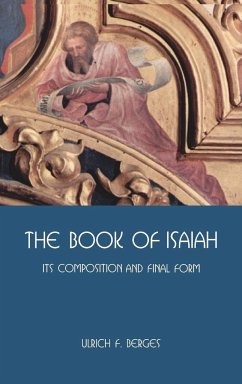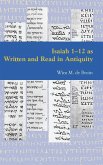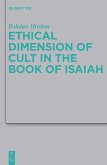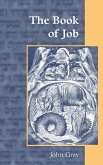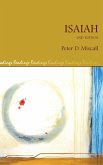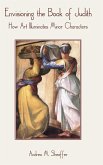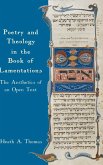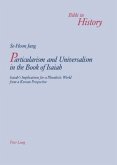Study of the book of Isaiah has in recent times been strongly marked by a tension between synchronic and diachronic approaches. The first is favoured mainly by English-speaking, the second by German-speaking scholars. Berges's book attempts to mediate between the two poles, arguing that the final form analysis and the tracing of the development of that form are deeply interdependent. This new research paradigm is applied here to the entire text of the book of Isaiah. Berges works consistently from the synchronic to the diachronic and back again to the evolved synchronous final form. Features that have been repeatedly observed-the cross-connections, key word associations, resumption of themes, and especially the bracketing of the book by chaps. 1 and 66-are traces of a deliberate interweaving of various small compositions as well as of larger literary redactions. The paradigm most suited to the book of Isaiah in all its complexity is not that of one comprehensive overall structure or final redaction, but that of smaller compositions that build on one another, come into conversation with one another, and, each in its own way, bring into play specific contemporary problems. We should not force a common thematic denominator on the book, but it becomes clear that Jerusalem and Zion belong to the basic tenor of the book of Isaiah as it was developed and refashioned through the centuries. The Book of Isaiah: Its Composition and Final Form is translated by Millard C. Lind from its German original, Das Buch Jesaja: Komposition und Endgestalt (Freiburg: Herder, 1998).
Hinweis: Dieser Artikel kann nur an eine deutsche Lieferadresse ausgeliefert werden.
Hinweis: Dieser Artikel kann nur an eine deutsche Lieferadresse ausgeliefert werden.

